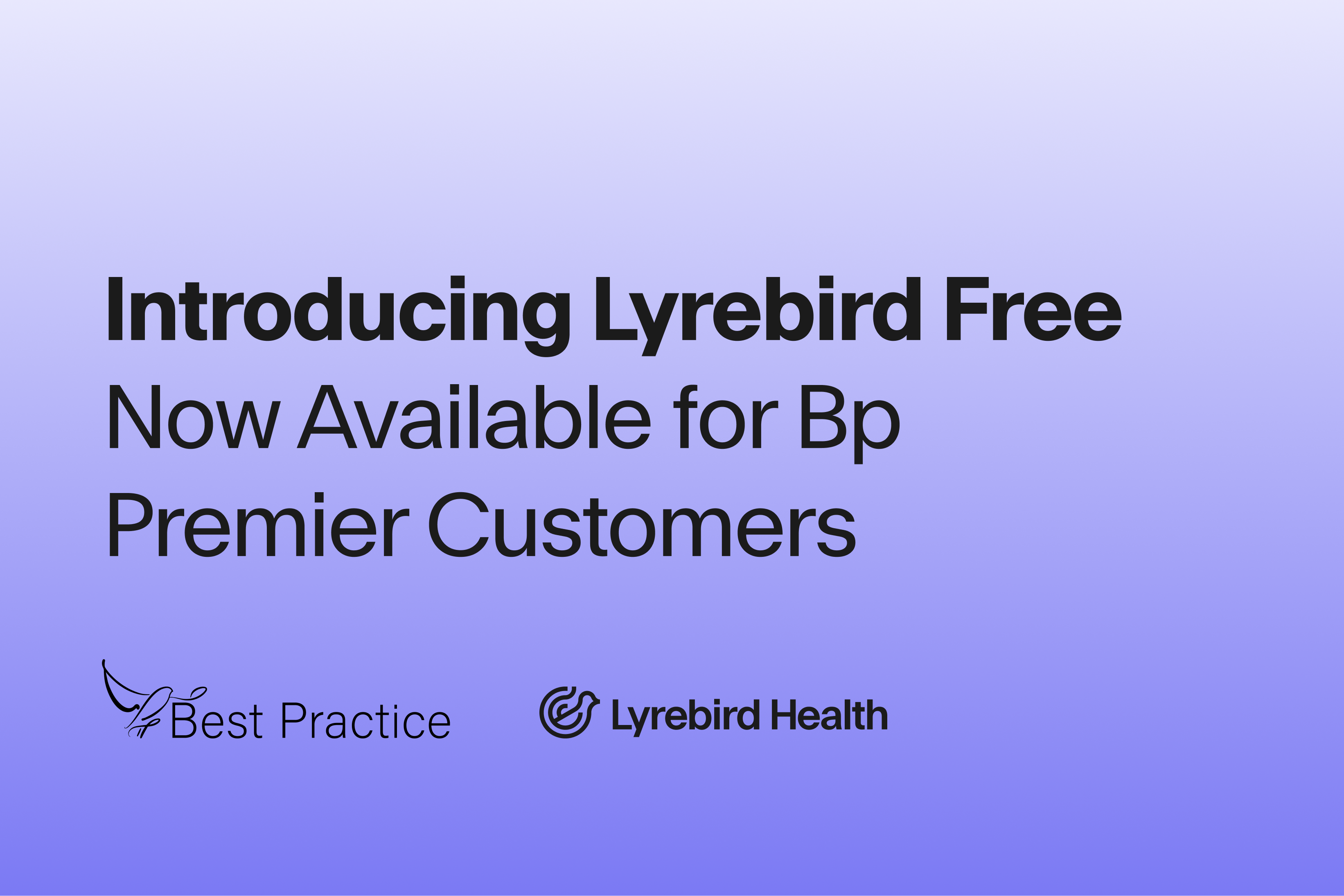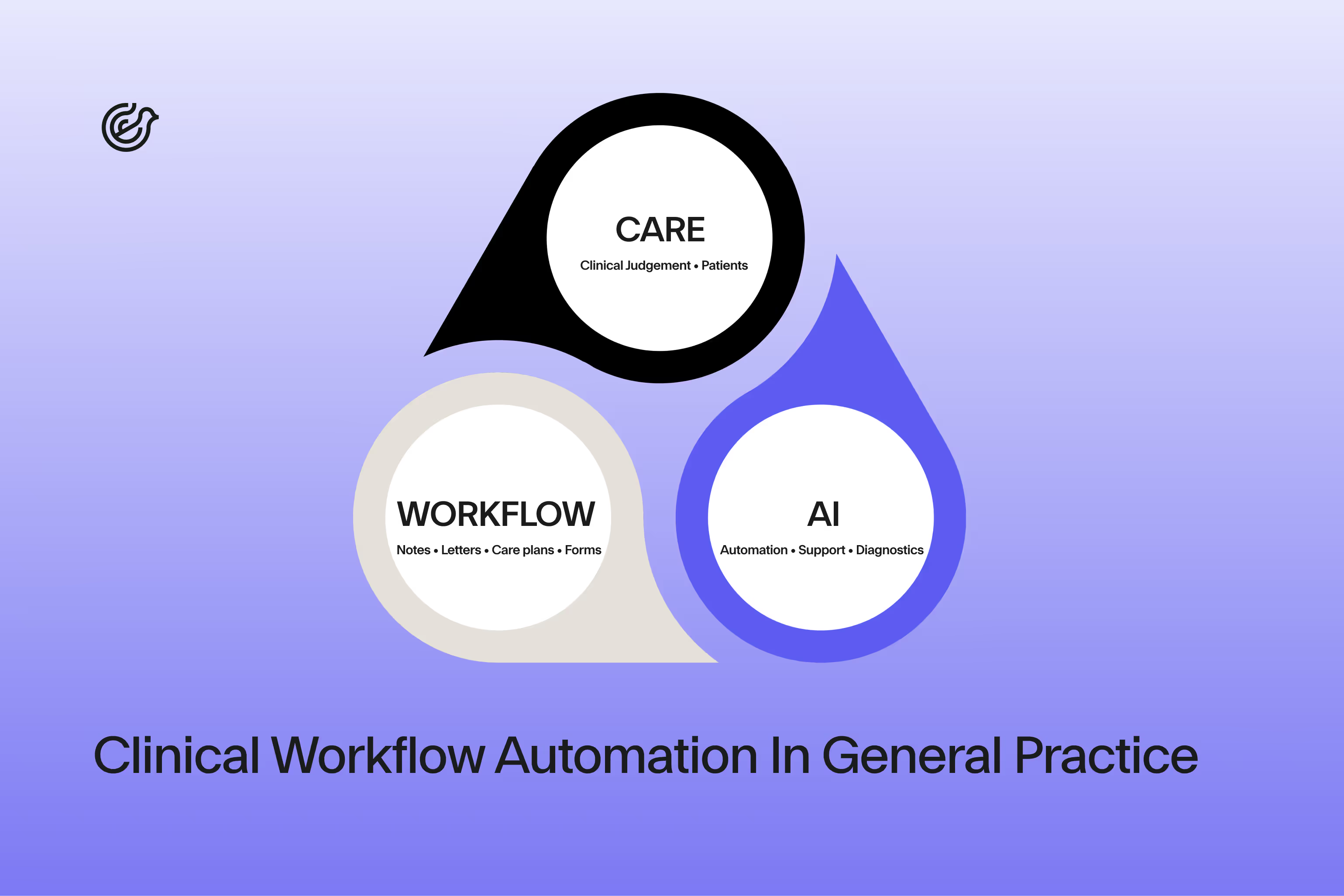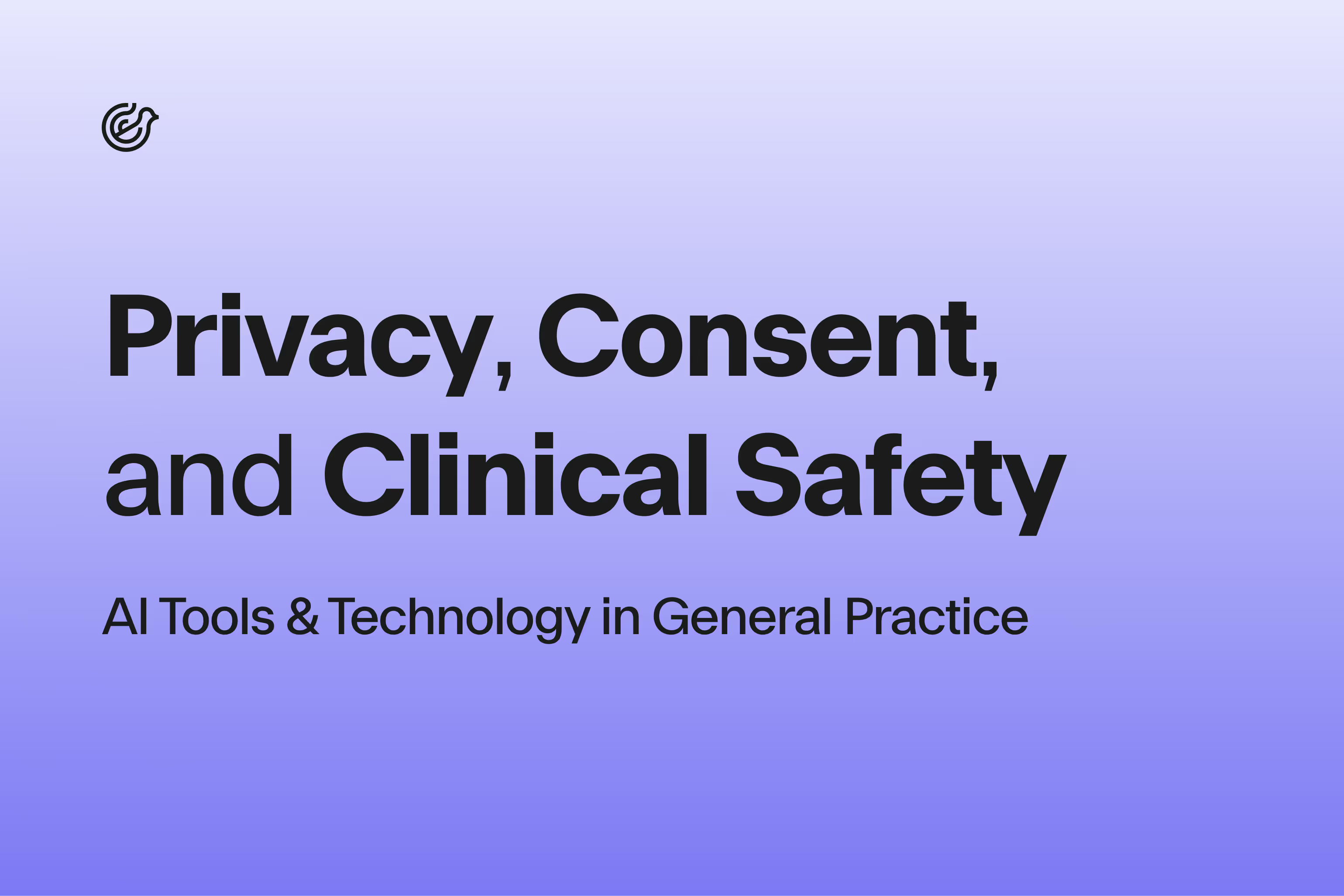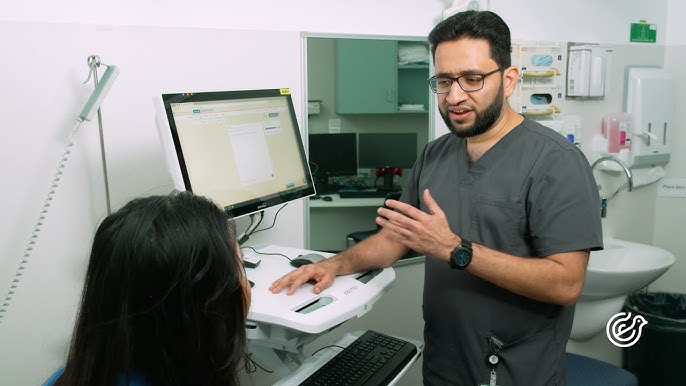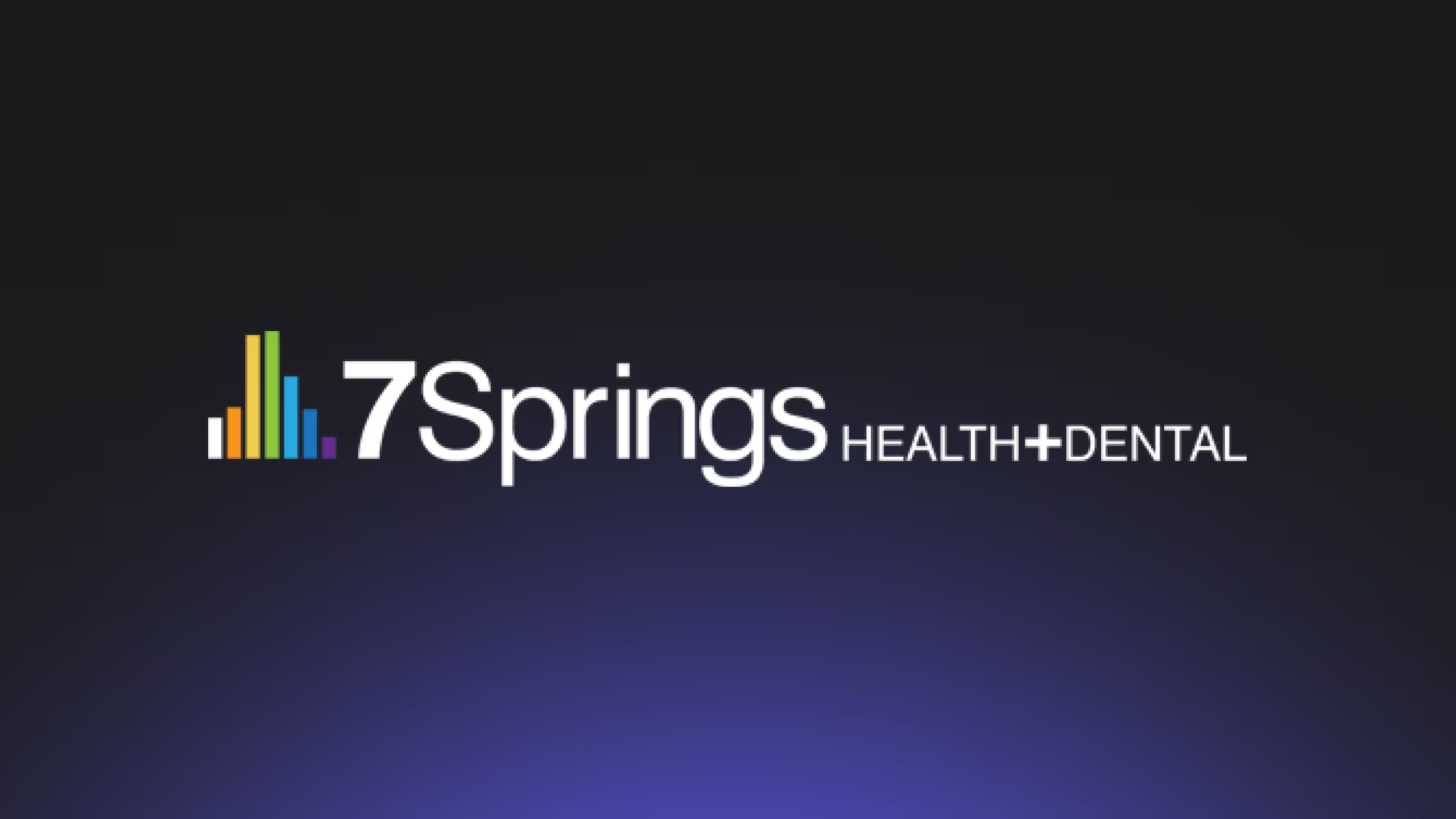A Guide To Patient Letter Writing with ChatGPT

A Guide To Patient Letter Writing with ChatGPT
In today's fast-paced world, healthcare providers are constantly looking for ways to streamline their processes. One such way is the use of artificial intelligence (AI) in healthcare. AI-powered tools like ChatGPT can help providers save time and improve the quality of their documentation. In this article, we'll explore how you can use ChatGPT to write patient letters.
Introduction to ChatGPT
ChatGPT is an AI-powered chatbot that uses natural language processing (NLP) to generate human-like responses to prompts. It's been trained on a vast amount of text data and can generate coherent and relevant responses to a wide range of topics. In healthcare, ChatGPT can be used for a variety of tasks, including generating patient letters, taking notes, and creating documentation.
One of the key benefits of using ChatGPT is the time savings it offers. Providers can spend hours writing patient letters and documentation, but with ChatGPT, this process can be automated. This frees up time for providers to focus on other important tasks, like patient care and research.
The benefits of using ChatGPT
Patient letters are an essential part of healthcare documentation. They help providers communicate important information to patients, such as test results, treatment plans, and follow-up procedures. However, writing patient letters can be time-consuming and challenging, particularly if the provider has a large patient load.
Using ChatGPT to write patient letters can help providers save time and improve the quality of their documentation. ChatGPT can generate a coherent and relevant response to a prompt in a matter of seconds. This means that providers can quickly generate patient letters without having to spend hours writing them from scratch.
Another benefit of using ChatGPT for patient letters is that it can improve the accuracy and consistency of the documentation. ChatGPT is trained on a vast amount of text data, so it can generate responses that are consistent with industry standards and best practices. This can help providers avoid errors and ensure that their documentation is accurate and up-to-date.
What is a prompt and why is it important?
A prompt is a specific question or statement that is used to generate a response from ChatGPT. When using ChatGPT to write patient letters, it's important to provide a clear and specific prompt. This will help ensure that the generated response is relevant and accurate.
For example, if you want to generate a patient letter informing them of their test results, the prompt could be "Please generate a patient letter informing the patient of their test results." This prompt provides ChatGPT with clear instructions on what type of response is required.
An example prompt you can use:
Compose a letter addressed to [Patient's Full Name], born on [Patient's Date of Birth], summarising our medical consultation on [Date of Consultation].
Start with a warm greeting and then proceed to cover:
1. **Purpose of the Consultation**: Briefly explain the reason for their recent visit.
2. **Findings and Diagnosis**: Detail any tests conducted, their results, and the diagnosed condition, if any.
3. **Treatment Recommendations**: Outline the prescribed medications, therapies, or interventions.
4. **Follow-up Instructions**: Describe any lifestyle changes, further tests, or follow-up appointments needed.
5. **General Advice**: Offer any additional guidance or reassurances about their health condition.
Conclude the letter by encouraging the patient to reach out for any clarifications or concerns. End with a warm closing and your:
- Full Name
- Qualification(s)
- Contact Information (phone number and email)
- Clinic/Hospital Name and Address
Ensure that the letter has a professional yet empathetic tone, with clear, concise language appropriate for a patient to easily understand.
Privacy in healthcare
ChatGPT uses encryption to keep conversations secure, and providers can use the chatbot in a secure environment to ensure that patient information is not compromised. However, providers should always exercise caution when using AI-powered tools and ensure that they are using them in a way that is consistent with industry standards and best practices. Practitioners should always remove patient identifying information being putting this information into ChatGPT.
Editing? Yes, you need to!
While ChatGPT can generate coherent and relevant responses, it's important to note that some editing may be required. Providers should always review the generated response and make any necessary edits to ensure that it's accurate and appropriate for the patient.
The amount of editing required will depend on the specific prompt and the complexity of the response. For straightforward prompts, ChatGPT may generate a response that requires minimal editing. However, for more complex prompts, the generated response may require significant editing to ensure that it's accurate and appropriate for the patient.
Conclusion
In conclusion, ChatGPT is a powerful tool that can help healthcare providers save time and improve the quality of their documentation. By using ChatGPT to write patient letters, providers can free up time for other important tasks and ensure that their documentation is accurate and up-to-date. When using ChatGPT, it's important to provide clear and specific prompts and to exercise caution to ensure that patient information is kept secure. While ChatGPT can generate coherent and relevant responses, some editing may be required to ensure that the generated response is accurate and appropriate for the patient. Lyrebird Health is an AI Medical Document generator, and you can create referral letters, medical certificates and patient letters with one click. Get in touch to learn more!

.avif)
